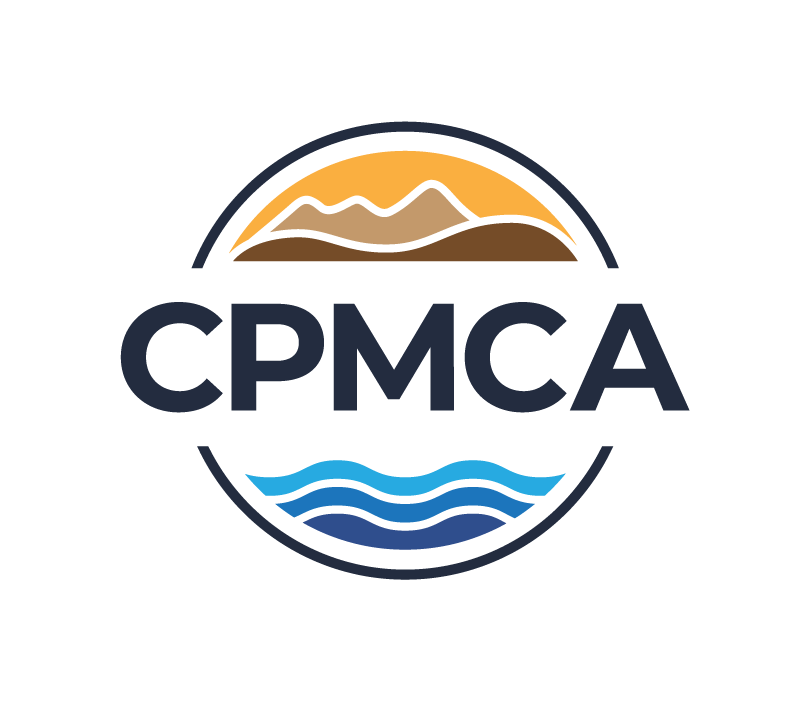Instructor Contributed Article | The More Things Change by Leah Gutmann
CPMCA instructor, Leah Gutmann, provides insight on the ever-changing mechanical contracting industry and how organizations can stay ahead of the curve.
 Over the course of my 30-year career in the mechanical contracting industry I can’t count the number of times I’ve heard the old saying “The more things change, the more they stay the same.” It has gotten to where every time I hear it, it sounds like nails on a chalkboard. The reality is that this phrase is more wishful thinking than reality. The actual saying should be something along the lines of “The more things change, the more responsibility we have to shift the way we approach our business.” And by business, I mean our greatest resource, our people. The well-known metaphor of being at a crossroads couldn’t be more true or prevalent as we look out and try to predict the future of our industry.
Over the course of my 30-year career in the mechanical contracting industry I can’t count the number of times I’ve heard the old saying “The more things change, the more they stay the same.” It has gotten to where every time I hear it, it sounds like nails on a chalkboard. The reality is that this phrase is more wishful thinking than reality. The actual saying should be something along the lines of “The more things change, the more responsibility we have to shift the way we approach our business.” And by business, I mean our greatest resource, our people. The well-known metaphor of being at a crossroads couldn’t be more true or prevalent as we look out and try to predict the future of our industry.
I have always believed that the goal of any mechanical contracting business should be to achieve sustainable, long-term growth. Historically, especially over the last 10 years, we have achieved this by pushing the theory of doing more with less, or at a minimum, just doing more. In tandem with this general approach, we cling to traditional business practices that have worked for decades. Hiring practices along with employee-related policies and procedures have changed very little over the past decade. The problem presents itself in that we are finding it more difficult each year to achieve the results we seek via the way we’ve always accomplished them. Thus, the need for a fundamental shift.
Circling back to our crossroads reference, envision approaching an intersection in your company vehicle with the snazzy logo on the side and as you slow down there are several red lights flashing at you to stop and proceed with caution. Our gut tells us to cross the street and travel the same comfortable path we’ve always taken to get to our destination even though that route has become increasingly hazardous to travel. Taking the typical path will eventually get you there, but at what cost? At some point, we have to make a strategic decision to find a new route to our desired destination or else we risk finding ourselves on the side of the road without roadside assistance, in an outdated vehicle with no fuel.
How we view our organizations and our path to sustainability is no different. As an industry we are at our own unprecedented crossroads. To continue to achieve year after year success we have to find a new way. Instead of forging ahead, we should pause and pay attention to our own caution signs and flashing red lights. What got us to where we are today will not carry us through to achieving where we want to be in the years to come.
The mechanical contracting industry is being confronted with a set of unique challenges that require our full attention. We are experiencing a long-term field labor shortage that must be tackled immediately and with unprecedented commitment. In addition, the people at our companies are forever changing. The generational shift is real and is here to stay. As older generations retire, we are faced with not only a knowledge gap but a shift in job responsibilities and expectations. Our hiring pool is much different than in recent years, and we are seeing a shift in organizational needs as client’s needs change. The impact of 2020 on how we work, why we work, and our priorities has also fundamentally changed the landscape of motivating and retaining employees at every level of our companies. And finally, AI and technology will continue to impact how we work both in the field and in the office. These changes, along with so many others facing our industry, serve as our flashing red lights. The impetus for change is right in front of us and we must find ways to take advantage of what these changes can mean for our organizations and for our industry. The goal is to find ways to foundationally shift our approach to our work and, more importantly, our people.
The road map to achieving this shift lies in our ability to attract and retain employees. The first essential step is training employees at all levels on how to train, coach, and mentor. Yes, I said it. Train them to train each other and teach everyone the value of being a coach who is able to tap into the individual strengths, skills and goals of themselves and their coworkers. Spend time teaching everyone how to transfer knowledge, share accountability and ownership of that knowledge, and then establish reward systems tied to specified outcomes. This approach will shrink the knowledge gap, build trust, and create a culture of teamwork necessary to succeed in an ever-shifting business landscape. If we offer this opportunity to both leaders and individual contributors in the office and out in the field, it creates an essential support network that elevates everyone in the organization. People feel heard, issues are identified early, and cross-training becomes embedded in the culture of the company.
The second layer of retaining talent is creating goals and expectations for all employees, both office and field, that are in alignment with company goals and strategic initiatives. Company goals should be communicated with transparency and intention so that everyone else can align project and department goals and expectations accordingly. This gives employees a collective purpose and allows staff to know how they contribute to the overall plans of the company. Purpose drives motivation and motivation drives productivity. And as we all know, productivity is the most direct path to profitability. By connecting people more closely with our business goals, we create a visible roadmap for individuals to reach their own goals and it allows them to see their own contribution to company goals.
Our people are the best in the business and are at the very core of company and industry success. We must seek out new ways to celebrate our employees by creating new ways for them to succeed and create a desire to stay. At the end of the day, those who find a way will see the way. Draw a new map and forge a new path.
About Leah Gutmann
Leah Gutmann, owner of First Forward Consulting, LLC, specializes in a wide variety of training, program development, design, and consulting services including communications, leadership, emotional intelligence, instructor training, and financial training. She has over 13 years of experience in the design, implementation and facilitation of educational programs, classes and seminars for the mechanical contracting industry. Her 20-year career as a CFO and Finance Manager in the industry has given Leah the unique ability to offer training and consulting from a hands-on, in the trenches perspective. Leah’s client base includes several MCA affiliates and JATC programs across the country as well as individual mechanical contractors both large and small. Leah has been involved in developing and delivering a wide variety of programs at all levels of an organization from executive level leaders to field employees and supervisors.
Leah is a certified instructor for Fierce Conversations and Fierce Accountability & Feedback. In addition, she holds certifications for Training Program Design, Strength Finders Coaching, DISC, Emotional Intelligence, Checkpoint 360, Profiles XT, Clifton Strengths Finders, and Blanchard’s Situation Leadership II.


